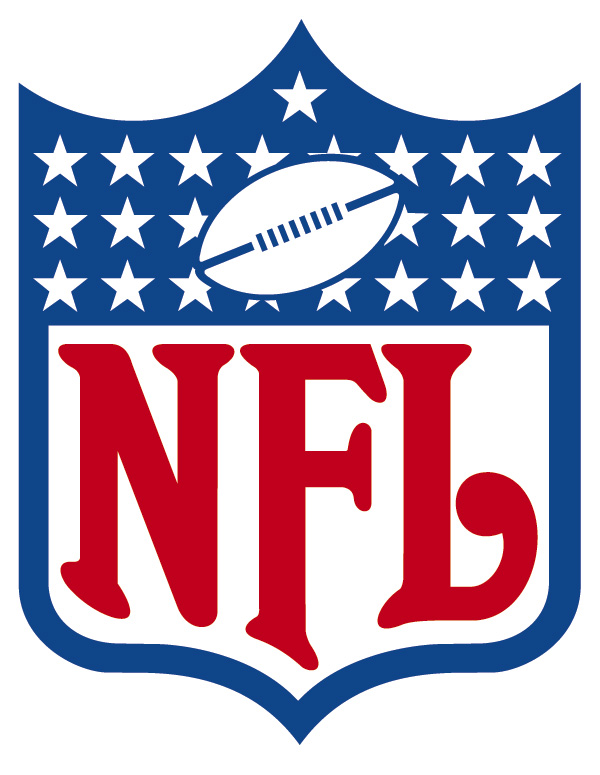Over the past few days, the National Football League revealed that it was voluntarily relinquishing its status as a tax-exempt entity. This is a threat that members of Congress have levied at the league every so often in retaliation for some concern or another over the years.
The NFL has maintained a tax-exempt status for the better part of its existence, since the 1940s, but with its relinquishing of its status, only the NHL of the major American sports leagues remains tax-exempt. The MLB gave up its status back in 2007, while the NBA had already been a tax-filing organization.
The fact that the major American sports leagues have largely been willing to surrender their tax-exempt status should be a strong indicator that doing so is not the most charitable act in the world, and no doubt has its advantages. In truth, it is not known how much the NFL’s daily operations and finances will be affected by the change—likely not in any meaningful way.
When Commissioner Roger Goodell announced that the league office would relinquish its tax-exempt status after receiving the approval of the owners, he cited that doing so would eliminate a distraction, and indeed it has been a distraction at times.
As part of its tax-exempt status, the NFL was obligated to file a publicly available form listing the compensation for its highest-paid employees, and Goodell’s salary has been a sticking point on a number of issues in recent years. The league will no longer have to declare this information.
As Goodell pointed out, the NFL has never been necessarily tax-exempt. Considered as separate entities, each team always individually filed their own taxes as a result of all sources of revenue, from ticket sales, to merchandise, to licensing revenue.
Whatever additional minor costs are added, if any at all prove to be significant in any way, will be a pittance in comparison to the public relations gains earned as a result of the elimination of this ‘distraction’.
What’s more, it does nothing to address the issue of the need for anti-trust legislation reform as it pertains to the NFL. Despite each owner being classified as its individual entity, the league as a whole is permitted to act as a holistic body together in order to negotiate, for example, broadcasting rights.
As a result of the feeble anti-trust laws, the NFL has enabled itself to produce for its owners a $10 billion business in annual earnings. That figure necessarily towers over the governmental tax revenue gains from the league giving up its tax-exempt status, even if Congressional representatives have tried to paint the league’s decision as a bigger victory than it is.
I think it’s reasonable to deduce that the NFL determined the decision to relinquish its tax-exempt status was in its best interests. From the public relations gains, to the elimination of the ‘distraction’ of publicly disclosing key figures’ salaries, to deflecting criticism away from its maintenance of holistic bargaining rights for select purposes, I fail to find much altruism in the move.








